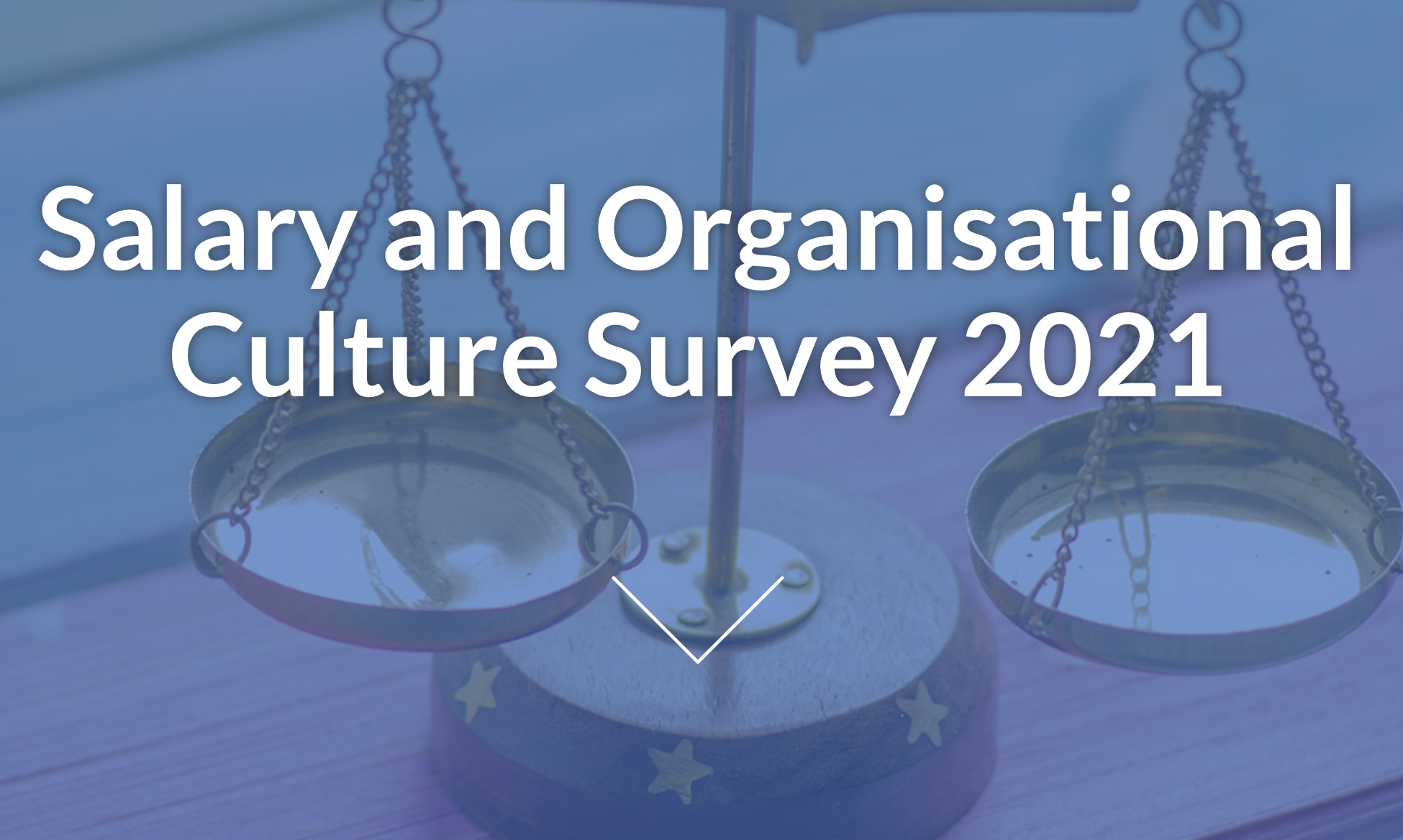Charity sector action to combat workplace harassment has been called into question, in a survey of professionals in the sector.
This found that more than a fifth (21.4%) of those surveyed in 2021 had experienced harassment. This is broadly the same proportion (21.5%) as the year before.
In addition, 30% said they had witnessed abuse in the workplace, although this is marginally down on the previous year’s figure of 33.9%.
The findings have emerged in a survey of charity communications professionals carried out by sector body CharityComms.
This also suggests that charity promotion of policies and procedures to tackle harassment at work are worsening.
While in 2020 just under a fifth (19%) of respondents said they were unaware of any processes on how to tackle harassment and support victims, this rose to more than a quarter (27%) in 2021.
Among those with a processes in place charity professionals are marginally more likely to say these are infective. Ineffective processes were mentioned by 5% in 2020 and 6% a year later.
High-profile charity sector organisations to face criticism in recent years for their handling of harassment at work have included the Chartered Institute of Fundraising (CIoF). Criticism focused on the CIoF’s handling of sexual misconduct complaints.
The National Lottery Community Fund as well as the NCVO have also attracted criticism after incidents of harassment emerged.
Mental health
The survey also found that the negative impact of work on charity communication professional’s mental health has remained relatively unchanged over the last year.
Among respondents 33.7% in. 2021 said work had a negative effect on their emotional wellbeing, compared to 34.6% the previous year.
Meanwhile, 15% said they do not feel able to talk about their wellbeing at work.
“I am really concerned about the lack of support for mental well-being in the sector, particularly for those running social media on behalf of organisations,” said on one digital officer at a London charity said
“This job makes me sad all the time and in part that’s because of the lack of respect it affords internally.”
Another digital charity professional added: “My org likes to talk about wellbeing at work but then does nothing when staff raise concerns. We work in areas that elicit strong responses on social media and there is no support for the mental wellbeing of staff who run it who then get blamed for a lack of personal resilience when things get difficult.”
Flexible working
Attitudes to flexible working are also gathered in the survey. This found that 95% of charity communicators expect flexible working, such as working from home, to be built into the role in the future.
Meanwhile, the number of respondents working fully from home over the last year has almost doubled to just under 20%.
“Our 2021 report shows a very mixed picture, with signs of recovery alongside continuing evidence of burnout,” says CharityComms.
It adds: “Comments from respondents show that many feel exhausted, not listened to, underpaid and undervalued, particularly after working so hard to support their causes during the toughest times during the pandemic.”
Latest News
-
Youth homelessness charity forced to turn away young people due to demand surge
-
Funder offers charities ‘social change’ grants of up to £50,000 to boost training
-
Navy charity handed £368,500 to support submariners’ families
-
Former football charity chief to lead sports and culture charity
-
From comics to crockery: the best places for charity shop sales revealed
-
Three arrests made amid ‘large-scale theft' of charity clothes donations
Charity Times video Q&A: In conversation with Hilda Hayo, CEO of Dementia UK
Charity Times editor, Lauren Weymouth, is joined by Dementia UK CEO, Hilda Hayo to discuss why the charity receives such high workplace satisfaction results, what a positive working culture looks like and the importance of lived experience among staff. The pair talk about challenges facing the charity, the impact felt by the pandemic and how it's striving to overcome obstacles and continue to be a highly impactful organisation for anybody affected by dementia.
Charity Times Awards 2023
Mitigating risk and reducing claims

The cost-of-living crisis is impacting charities in a number of ways, including the risks they take. Endsleigh Insurance’s* senior risk management consultant Scott Crichton joins Charity Times to discuss the ramifications of prioritising certain types of risk over others, the financial implications risk can have if not managed properly, and tips for charities to help manage those risks.
* Coming soon… Howden, the new name for Endsleigh.
* Coming soon… Howden, the new name for Endsleigh.
Better Society

© 2021 Perspective Publishing Privacy & Cookies











Recent Stories